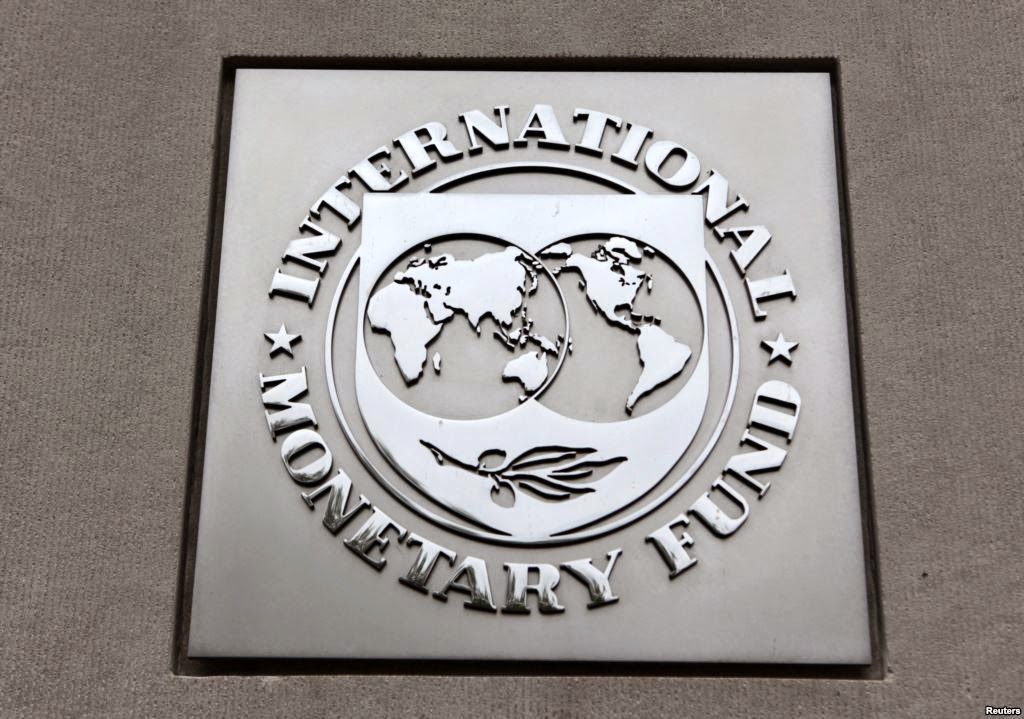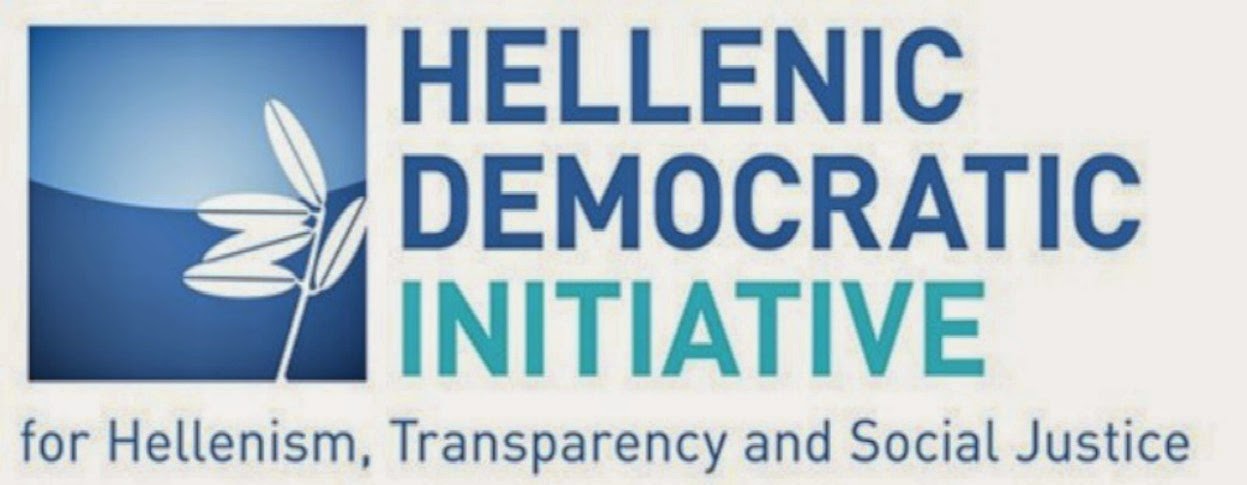by Vasilis Giavris - Lawyer and Political Scientist
Relations between Greece and Turkey have been characterized by a mutual mistrust emanating from a long history of conflict, animosity and military confrontation. Most alarmingly, Turkey has in the last decades challenged the sovereignty of numerous small islands, islets and rocks in the Aegean Sea that have not, according to Turkey, been specifically ceded to Greece by way of international treaties. Turkey maintains that since these have not been ceded by way of treaty and since, according to Turkey, no agreement concerning the delimitation of maritime boundaries between the two countries in the Aegean exist then these are territories without sovereignty and therefore stateless!
Turkey has made explicit reference to five Greek inhabited islets in the proximity of Samos and the Dodecanese that have been under Greek administration since 1912 and 1947 respectively. Turkey has gone as far as to claim that 132 islands and islets in the Aegean, currently under Greek administration, belong to Turkey.
Turkey further maintains that Greece is precluded from exercising sovereignty over these small islands, islets and rocks and accuses Greece of trying to create “fait accompli”. It accuses Greece of territorial expansion beyond areas ceded to her by the Lausanne Peace Treaty of 1923 and the Paris Peace Treaty of 1947.
The claims made by Turkey lack both legal and academic merit. Greece, quite rightly, denies the existence of any grey zones in the Aegean Sea and denies the existence of any dispute in this regard. The issue of sovereignty in the region has long been settled by the Lausanne Peace Treaty of 1923 and the Paris Peace Treaty of 1947 which very clearly deal with these matters.
The Lausanne Peace Treaty 1923, to which both Greece and Turkey are signatories, settled the Anatolian and East Thracian parts of the partitioning of the Ottoman Empire and the borders between Greece and Turkey. Pursuant to Article 12 (1) of this Treaty, the islands of Lemnos, Samothrace, Mytilene, Chios, Samos and Nikaria were ceded to Greece whilst the islands of Imbros, Tenedos, the Rabbit Islands and islands situated at less than three miles from the Asiatic coast remained under Turkish sovereignty.
Pursuant to Article 15 of the Lausanne Peace Treaty 1923, Turkey renounced in favour of Italy all rights and title over the Dodecanese islands, Castellorizzo and the islets dependent thereon. Moreover, pursuant to Article 14 of the Paris Peace Treaty of 1947, signed by Italy and the allied powers after the culmination of World War II, Italy ceded full sovereignty over the Dodecanese islands as well as the adjacent islets to Greece.
The Lausanne Peace Treaty cannot be unilaterally interpreted by Turkey to promote its irredentist demands and agenda. This treaty makes it clear that all islands and islets situated outside the three mile zone around the Turkish mainland coast, other than the islands of Imbros, Tenedos and the Rabbit Islands, have been awarded to Greece and those located within this zone awarded to Turkey.
The demarcation is clear-cut which explains why there is no need for these treaties to refer by name to all the islands and islets especially given that there are over two thousand islands and islets involved. Turkey erroneously interprets this provision to mean that all islands and islets not specifically named in Article 12 or not specifically ceded to Greece by way of Treaty belong to Turkey as the rightful heir to the Ottoman Empire or otherwise remain as grey zones that need to be delimited by way of agreement between Turkey and Greece.
THE IMIA ISLETS
The Imia islets are located in the southeast Aegean approximately 3.6 miles from the Turkish coast and approximately 5.5 miles from Kalymnos, the nearest major Greek island. Whilst these islets are uninhabited rocks the dispute over their sovereignty nearly culminated in a full scale war between Greece and Turkey in January 1996 when both countries landed Special Forces and raised their respective flags on the islets. The crisis was defused several days later with US “intervention”…. and both countries reluctantly withdrew their respective forces and flags from the islets.
Turkey maintains the view that the Imia islets are Turkish since they were not specifically referred to in neither the Lausanne Peace Treaty 1923 nor in the Paris Peace Treaty 1947.
However, the Imia islets are not situated within Turkey’s three miles zone (as required by the Lausanne Peace Treaty 1923) and they were ceded by Turkey to Italy, who in turn ceded their sovereignty to Greece.
The protocol executed by Turkey and Italy in December of 1932, which sites the Imia islets as belonging to Italy and as such ceded to Greece under the Paris Peace Treaty 1947, acts to further solidify the legitimacy of Greece’s claims. The Greek claims are further supported by Turkish maps - both civilian and military - issued before Turkey raised its present concerns. These clearly confirm Greek sovereignty over the islets.
Despite exercising its sovereign rights over Imia islets for half a century Greece has, as a gesture of good will, proposed that Turkey submit its claims to the Imia islets to the International Court of Justice at the Hague. Not surprisingly, Turkey refuses to accept this proposal.
Turkey’s attempt to create “grey zones” in the Aegean and challenge the legitimacy of Greece’s claims over the Imia islets lacks any legal merit under international treaty and customary law. These baseless claims undermine peace and stability in the whole of South-eastern Europe. Most alarmingly however, they reflect arbitrary claims unilaterally raised by Turkey to challenge Greek sovereignty in the Aegean Sea and overthrow the current status quo.
Foreign policy does not permit illusions. National autonomy, territorial integrity, sovereignty and the security of Greek citizens cannot be compromised or conceded. Turkish irredentism is a potent form of nationalism and Greece must not remain idle and complacent. On the contrary, Greece must continue to insist that resolution to disputes can only be achieved by the implementation of United Nations Resolutions, International Conventions, European Acquis and International Law.


